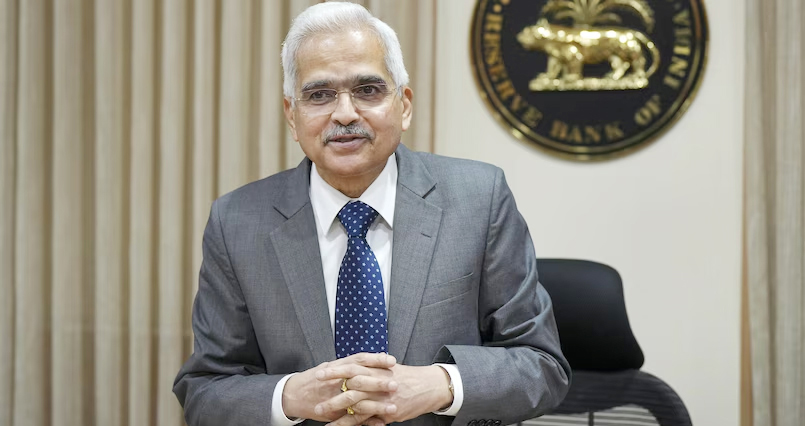In a significant regulatory update, the Reserve Bank of India (RBI) has released fresh master directions on Fraud Risk Management for Urban Cooperative Banks (UCBs), State Cooperative Banks (StCBs), and Central Cooperative Banks (CCBs).
These new guidelines replace the previous directions issued on July 1, 2015. The Indian Cooperative team conducted a comparative analysis of the old and new directions, revealing several new provisions.
Key highlights of the new directions include:
Formation of Special Committee for Fraud Monitoring: Cooperative Banks are now required to establish a ‘Special Committee of the Board for Monitoring and Follow-up of cases of Frauds’ (SCBMF). This committee will include the Chief Executive Officer and at least two directors, one of whom will lead the committee. Smaller banks, such as Tier 1 & 2 UCBs and StCBs/CCBs with deposits below Rs 1000 crore, have the option to form a Committee of Executives (CoE) with similar roles.
Committee Responsibilities: The SCBMF will oversee fraud risk management, review fraud cases, conduct root cause analyses, and recommend measures to strengthen internal controls and risk management frameworks.
Reporting to NABARD: StCBs and CCBs must continue reporting fraud incidents to NABARD using prescribed formats and procedures.
Show Cause Notice (SCN): Banks must issue detailed SCNs to individuals or entities accused of fraud, providing at least 21 days for a response.
Policy Review: The Fraud Risk Management Policy must be reviewed by the board at least every three years, or more frequently if required.
Monitoring Financial Transactions: Banks are required to have a dedicated MIS Unit or Analytics Setup to monitor and analyze financial transactions, including those on digital platforms, to detect unusual activities.
Engagement of External Auditors: Banks must frame policies on hiring external auditors, ensuring due diligence, competency, and a clear timeline for audit completion and report submission.
Immediate Reporting to Law Enforcement: Banks must report fraud incidents to appropriate Law Enforcement Agencies (LEAs), such as state police authorities, in accordance with applicable laws.
These comprehensive new guidelines aim to bolster the fraud risk management framework across cooperative banks, enhancing their ability to detect, prevent, and address fraudulent activities effectively.
Readers may read the full document by clicking on the link below:






















































Res Sir,
A littil suggestion as a Bankers that is in the committee involved a retired Banker person who served in Banking industries.Also give a permission to retired bankers to third party Audit of in co op banking sector and this Audit report directly submitted to the board of directors only. This type of audit apply for all Ucbs and apply for the co-op Society also
Thanks and warms regards
Pravin N.Patil
Ex.SVC BANK Employee
The Khamgaon Urban co-op Bank Ltd Khamgaon.
The Business Co Op Bank Ltd Nashik
Presently working with Osmanabad Janata Sahakari Bank Ltd Dharashiv
7276651333
RBI Guidelines are good Governance to Co Op .sector. It is interference of politician &Management Board ruins proper Administration of Bank. Wrong gains of Board & Politics ruins whole banking systems.